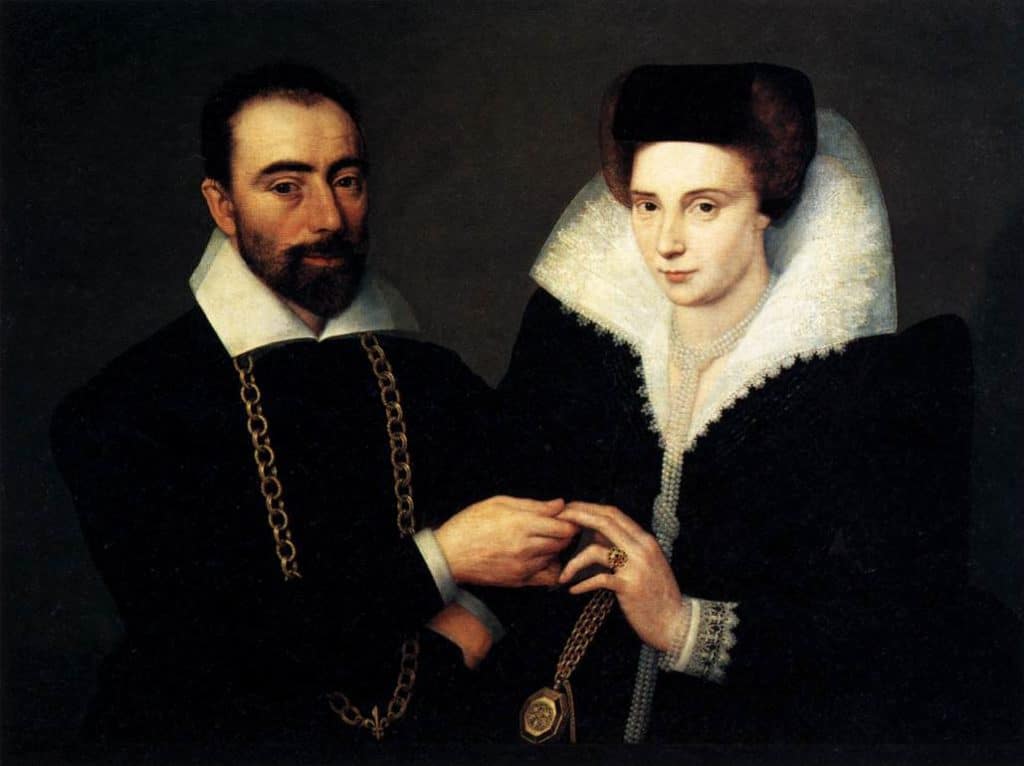
How to rebuild trust in a marriage requires an emotional honesty that can be learned. Trust is foundational for a human beings’ development and happiness from birth through adulthood. Therefore, the opportunity to work with trust issues is profound for the growth of individuals as well as the relationship.
Healing a breach of trust is not as simple as just stopping the behavior, although that is part of it. There is much more for both partners to learn, whether they stay together or not. The underlying problems need to be addressed, so this degree of unnecessary hurt does not repeat.
Yes, broken trust, lies and deception happen as a couple move through life. It is what each person does with it that matters. That is where the growth happens.
Trust definition: a reliance on another to keep agreements. Reliance on oneself to know what are my issues, what are your issues and what are our issues. 
For example:
Person 1: “I realized today that the reason I look at so much porn(any addiction) is because I am unhappy and completely stressed. I can understand how you feel hurt and mistrust me. I want you to know that I am working with this unhappiness in therapy. My addiction doesn’t have anything to do with you. It’s an insecurity I have. I try to cover it up. I’m not quite sure what it is about yet. Please hang in there with me if you can.”
Person 2: “That felt like the first honest thing you have said to me in a long time. I’m still hurt and mad. We agreed it was too much! I get afraid porn(any addiction) is going to turn into an affair and that I’m not enough for you.”
P1: “I get it. I broke our agreement. I’m sorry.”
P2: “Feeling that I am not enough has haunted me my entire life. I need to look that. I want to do that for myself.”
P1: “I want that for you too.”
“How could I be so blind for so long?” 
Many people are able to get stronger and emotionally smarter after this sort of shock. They realize how they had been asleep to the signs all along. Distancing between partners or chronic arguing wears everyone in the family down. Also, each person realizing how they ignored certain emotions and certain conversations because they did not know how to talk about them.
It feels traumatic when an affair or an addiction is discovered. It’s like the elephant in the living room just blew up. The work is picking up the pieces. That is the only way to learn from it.
It is a new time in a couples relationship after a betrayal. It can be the end or the beginning of a relationship based on emotional honesty and a greater knowledge of how emotions operate within an individual and in marriage.
Life is always different after a traumatic event because everything has changed for the relationship and for the individuals. Broken trust wakes up the betrayer and the one betrayed to much deeper issues if they have the courage to look. Those that can look are successful.
In a previous post: Trust Issues in Marriage, Simplified
I wrote:
“Most of the arguments and distancing that happen in couples’ relationships will have something to do with trust. It could be trusting the fidelity of the other, trust with money and children, or trust wounds that began in childhood that are getting played out in the marriage.”
“Everyone has a different background growing up, so that creates various sorts of fears in adult life.
We need someone to share these fears with, to explore how sometimes the fears are realistic and sometimes they are from the past, they just got triggered. We need someone that we can open to and wonder about how we want to live life together; how to manage intimacy, money, raise the kids and trust an emotional bond with the other that can face this modern life.”
The Cover up 
There is severe emotional pain when someone betrays another’s trust through an emotional affair, a sexual affair, or an affair with drugs/alcohol. It is always covering up deeper problems. Extreme behavior such as an affair or addiction are about escaping something painful in the present and something painful in the past.
For example, “The argument we had this morning triggered a fear that you will leave me. I use to feel that fear with my father. He would just leave when there was anger in the family with me or my mom.” There is a painful argument in the present that is compounded by a fearful childhood memory.
Rebuild Trust in Marriage 
Generally, people struggle with staying in or leaving the marriage after the affair with another or affair with an addiction. These feelings need to be addressed. Questions need to be answered.
In this honesty a decision to stay or leave becomes clear.
If there is not a deeper conversation or new behavior the question becomes: What am I doing with this person?
Each individual needs to go through a process of shock, grief, and reflection.
First, there is a shock. Take care of yourself. It will settle down in time. Get help with someone you can trust.
Second, there is a process of grief because part of the relationship died or was hurt; not all, part. Feeling the whole range of feelings allows the grief to move through faster and provide information for the next step of discussions.
Third, gradually begin discussions that address:
What was this affair about for each person? Why now?
What emotional pain was the betrayal covering up?
How have I been betraying myself?
These questions build trust because we get to know ourselves and the other at a much deeper level. When we can be vulnerable and honest with our mate; that is a good reason to stay because there is hope. There is hope to really love and be loved, to learn how to do that. Otherwise, What am I doing here?
Links:
Recommended book on addiction
